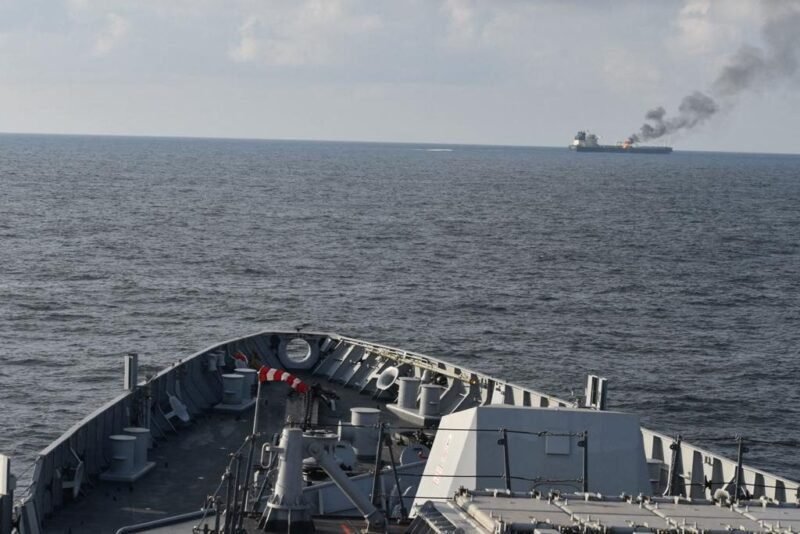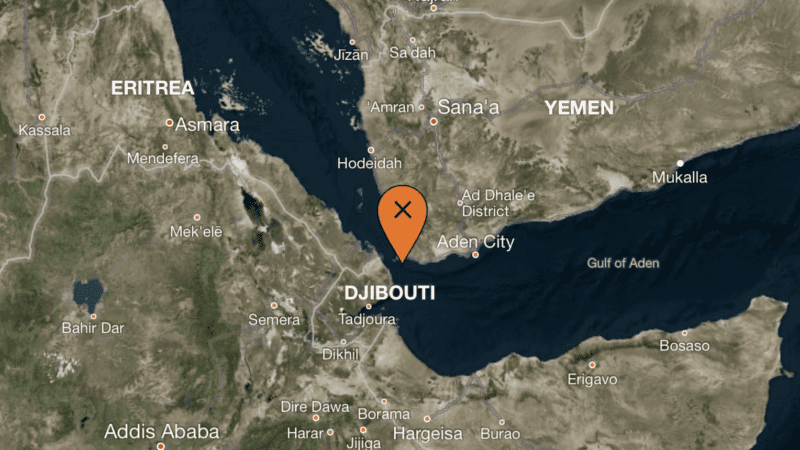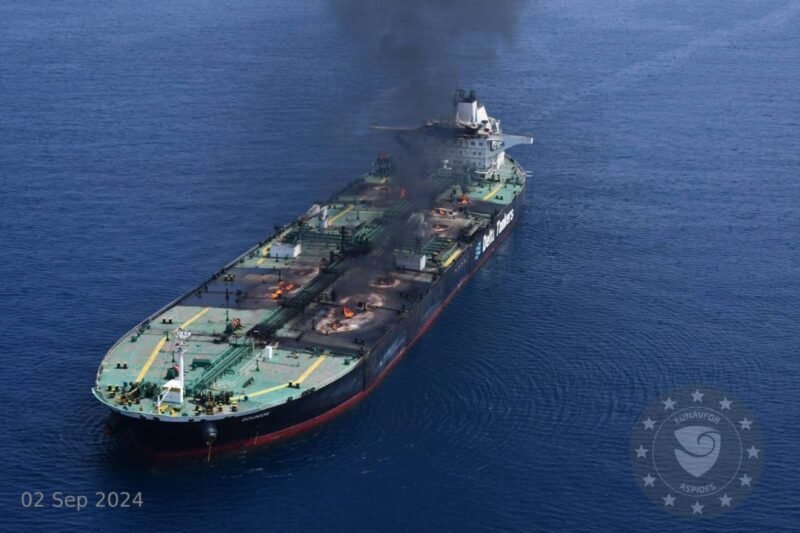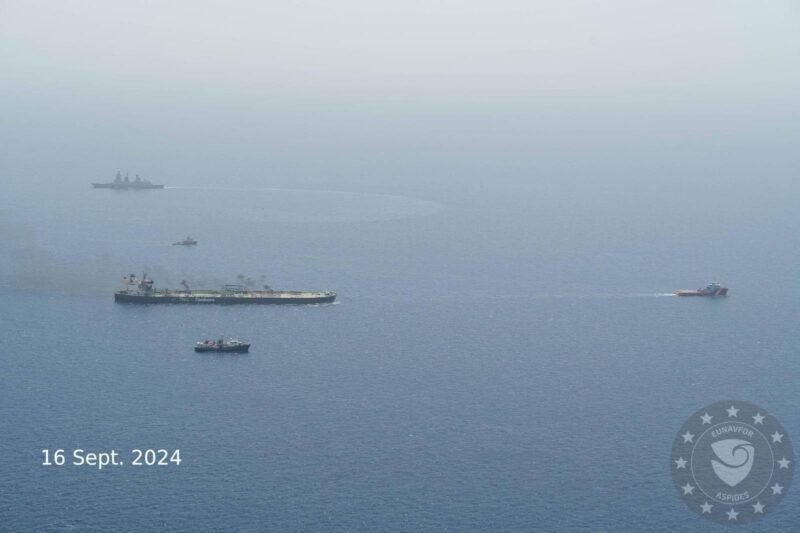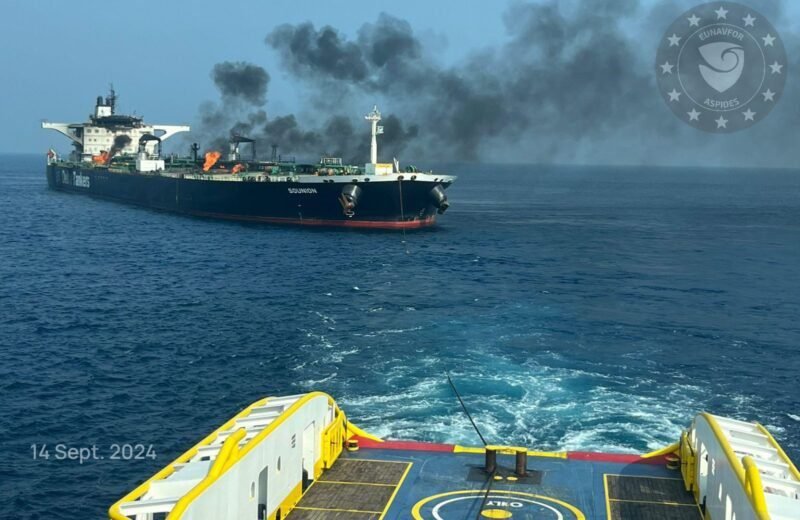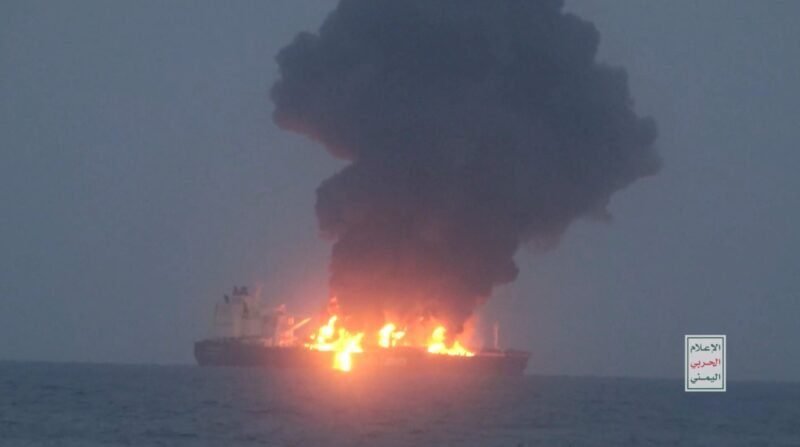Former Supreme Allied Commander of NATO, Admiral James Stavridis believes that the Western response to the Red Sea conflict involving the Iran-backed Houthi group has been weak, indecisive, and defensive. The Houthi attacks on global shipping have led to disruptions and bottlenecks in supply chains, causing extra expenses for shipping companies. The Houthis claim to target Western vessels, particularly those with ties to the US and Israel, and have also targeted US and allied warships in the Gulf region.
Stavridis suggests a more offensive military approach against the Houthis and potentially their backer state Iran. Drawing from his experience in anti-piracy operations, he emphasizes the importance of taking action on land to neutralize attacks before they reach the open sea. He proposes four phases for an effective campaign against the Houthis, including targeting their command and control centers, physical infrastructure, and supply chains.
The Admiral also highlights the need for intelligence gathering, coordinated attacks on Houthi assets, and disrupting their ties with Iran. He argues that taking action now is essential to prevent a potential escalation into a larger conflict with Iran in the future. Stavridis believes that with the right campaign plan and the will to act, the Western coalition can inflict enough damage on the Houthis to make them cease their attacks.
Share it now








